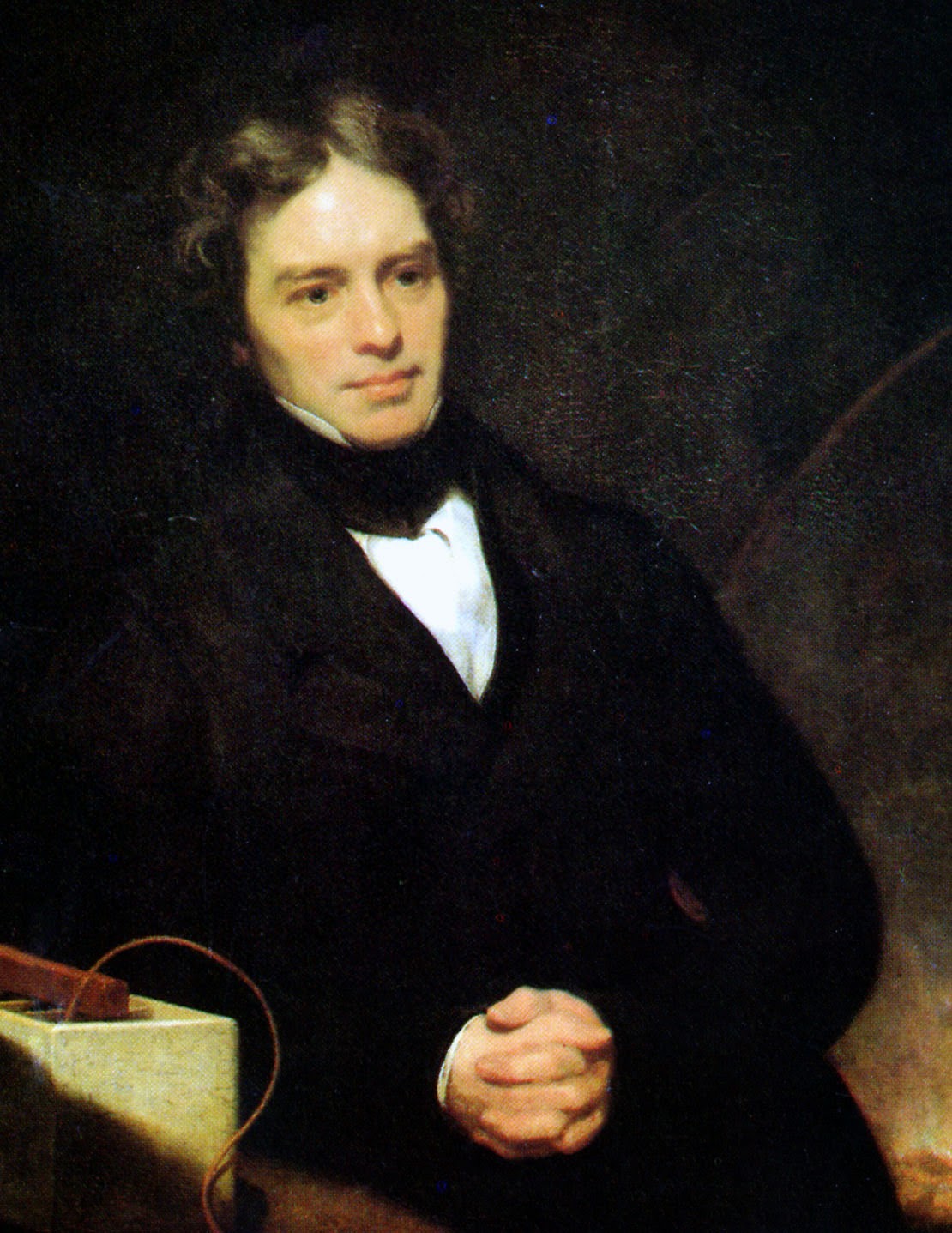Michael Faraday
Faraday was a British chemist and physicist who contributed significantly to the study of electromagnetism and electrochemistry.
Michael Faraday was born on 22 September 1791 in south London. His
family was not well off and Faraday received only a basic formal
education. When he was 14, he was apprenticed to a local bookbinder and
during the next seven years, educated himself by reading books on a wide
range of scientific subjects. In 1812, Faraday attended four lectures
given by the chemist Humphry Davy at the Royal Institution. Faraday
subsequently wrote to Davy asking for a job as his assistant. Davy
turned him down but in 1813 appointed him to the job of chemical
assistant at the Royal Institution.
A year later, Faraday was invited to accompany Davy and his wife
on an 18 month European tour, taking in France, Switzerland, Italy and
Belgium and meeting many influential scientists. On their return in
1815, Faraday continued to work at the Royal Institution, helping with
experiments for Davy and other scientists. In 1821 he published his work
on electromagnetic rotation (the principle behind the electric motor).
He was able to carry out little further research in the 1820s, busy as
he was with other projects. In 1826, he founded the Royal Institution's
Friday Evening Discourses and in the same year the Christmas Lectures,
both of which continue to this day. He himself gave many lectures,
establishing his reputation as the outstanding scientific lecturer of
his time.
In 1831, Faraday discovered electromagnetic induction, the
principle behind the electric transformer and generator. This discovery
was crucial in allowing electricity to be transformed from a curiosity
into a powerful new technology. During the remainder of the decade he
worked on developing his ideas about electricity. He was partly
responsible for coining many familiar words including 'electrode',
'cathode' and 'ion'. Faraday's scientific knowledge was harnessed for
practical use through various official appointments, including
scientific adviser to Trinity House (1836-1865) and Professor of
Chemistry at the Royal Military Academy in Woolwich (1830-1851).
However, in the early 1840s, Faraday's health began to deteriorate
and he did less research. He died on 25 August 1867 at Hampton Court,
where he had been given official lodgings in recognition of his
contribution to science. He gave his name to the 'farad', originally
describing a unit of electrical charge but later a unit of electrical
capacitance.



The electromagnetism is wonderful blog. I am working in writing company named as Essay writing service reviews
ReplyDelete